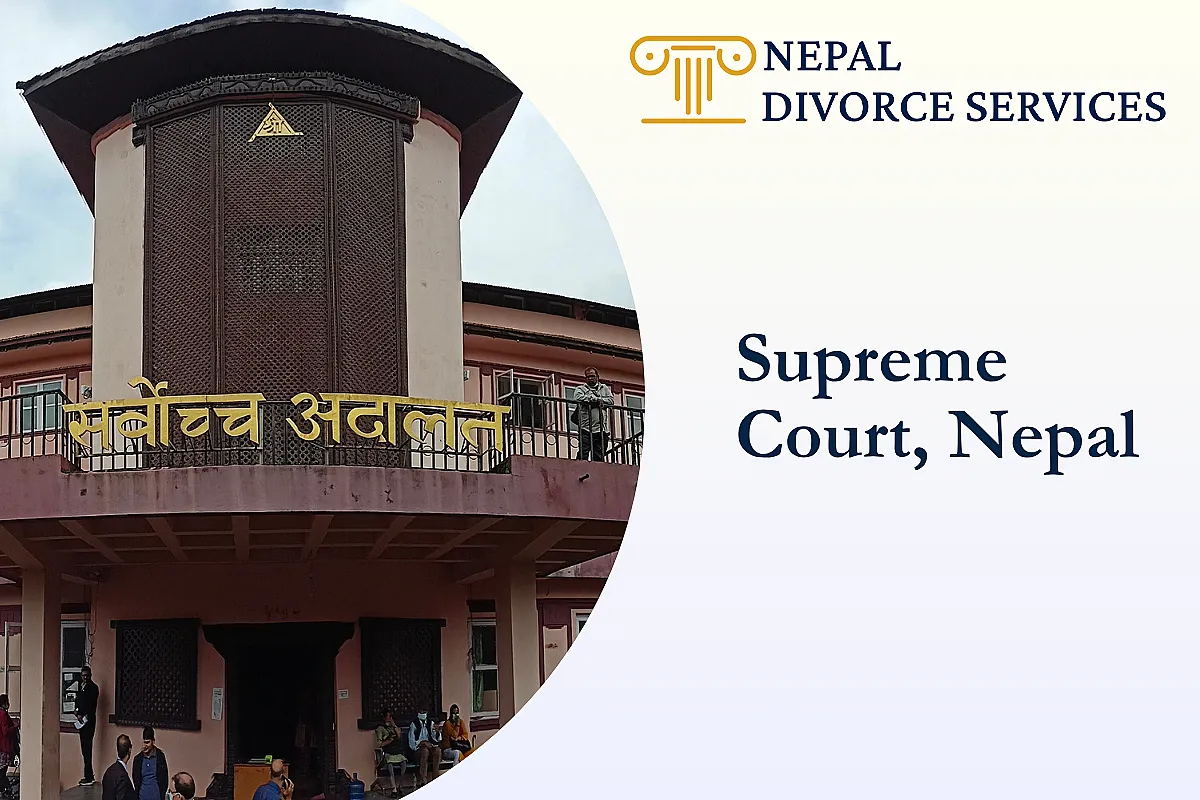Our Blog
- Home
- Blogs
Supreme Court, Nepal
The Supreme Court of Nepal is the highest court in Nepal and the final authority to interpret and apply the constitution and laws of the country. The Supreme Court also has the power to review and overturn the decisions of lower courts and other branches of government, and to protect and enforce the fundamental rights and freedoms of the people. The Supreme Court plays a vital role in maintaining the rule of law, ensuring justice, and upholding democracy in Nepal. In this article, we will explore the history, composition, jurisdiction, procedure, and functions of the Supreme Court of Nepal.
Types of Court In Nepal
Nepal is a country with a rich and diverse legal culture that reflects its history, geography, and society. The Nepali judicial system consists of various types of courts and judicial bodies that exercise the powers relating to justice by the Constitution, laws, and recognized principles of justice. In this article, we will explore the types of courts in Nepal, their jurisdiction, composition, procedure, and functions. We will also discuss how the Nepali courts handle family-related issues, such as divorce, separation, child custody, and alimony, and how you can get the best legal advice and representation from Nepal Divorce Services, the leading divorce law firm in Nepal.
Understanding the Summary Proceedings Court in Nepal
Nepal is a country with a multi-tiered judicial system that consists of the Supreme Court, the High Courts, the District Courts and other specialized courts and tribunals. Among these, the Summary Proceedings Court is a special type of court that deals with certain civil and criminal cases in a speedy and simplified manner. In this article, we will explain what the Summary Proceedings Court is, how it works, what types of cases it handles, and what are its advantages and disadvantages.
5 Common Legal Mistakes to Avoid in Nepal
Nepal is a country with a rich and diverse legal system, influenced by both its ancient traditions and its modern developments. However, navigating the complex laws and regulations of Nepal can be challenging for anyone, especially for foreigners or those who are unfamiliar with the local context. Here are some common legal mistakes that you should avoid in Nepal, and some tips on how to deal with them.
Nepal's legal system compare to other countries' legal systems?
These are legal systems that are based on judicial decisions rather than written statutes. They are prevalent in countries that were influenced by British rule, such as the United States, the United Kingdom, Canada, Australia, and India. Common law systems rely on the doctrine of precedent, which means that courts follow the rulings of previous cases that are similar to the current one. Common law systems are also adversarial, which means that each side presents its own evidence and arguments to persuade the judge or jury.





